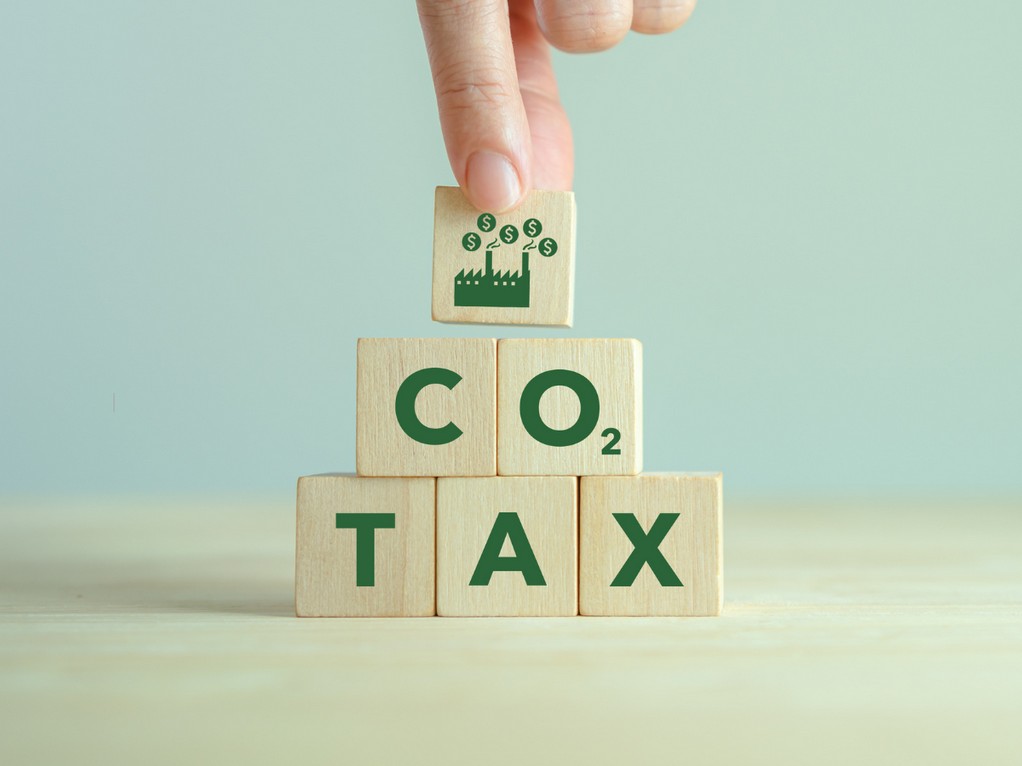The European Union (EU) suggestion that India can impose carbon tax locally to avoid or reduce the levy that will be imposed under Carbon Border Adjustment Mechanism (CBAM) would not be of much help as payout by exporters will still be high, according to a report by GTRI.
The EU’s CBAM regulation offers a reduction in the tax payable to the EU if a product has already been taxed for its carbon emissions in its home country. The EU has suggested that Indian exports could potentially avoid or reduce the CBAM taxes if India implements a carbon tax system, charging exporters for their carbon emissions domestically. This proposal was made at the recent meeting by the EU delegation led by director general for taxation and customs union of the European Commission Gerasimos Thomas.
Another option could be to increase local carbon prices so that the tax is collected in India rather than the EU but it has its own challenges.
Setting higher carbon prices at above $ 10 per ton in India could have several negative effects. It would increase production costs for industries like steel and aluminium that rely heavily on fossil fuels, leading to higher prices for goods and services.
This could also make Indian firms less competitive compared to those in countries with lower or no carbon pricing. Industries with high carbon emissions might cut jobs or shut down if they can’t handle the higher costs, causing potential job losses. Additionally, higher carbon prices would raise energy costs, affecting households, especially low-income families who spend a larger portion of their income on energy. This could make energy less accessible for poorer communities and increase energy poverty, GTRI said.
The EU-CBAM when fully implemented will result in 20-35% import tax on Indian firms. Industry will have to share all plant and production details with the EU. Also, large firms may need to run two production lines. Expensive yet greener for making products for exports to EU countries and normal products for the rest of the world. CBAM will disrupt world trade in a big way, the report said.
The EU is not in position to postpone CBAM for India or exempt India’s MSMEs from application. The reasons are clear: doing so would harm the CBAM’s regulatory integrity and set a precedent for similar requests from other countries. India shouldn’t even make such requests.
Tags: CBAM, eu, GTRI



Recent Posts
Hyundai Glovis to Retrofit Seven PCTCs with Avikus AI Navigation System
Super Terminais orders three more Konecranes Gottwald ESP.10 Mobile Harbor cranes
Covestro and HGK Shipping Extend Partnership to 2040 with Focus on Wind-Assisted Vessel Retrofit
Artemis Technologies Successfully Demonstrates 100 Percent Electric Crew Transfer Vessel at Aberdeen Offshore Wind Farm
IACS Council Advances Decarbonisation, Digitalisation and Governance Priorities at C91 Meeting in Beijing
Japan Launches Major R&D Project to Advance Shipbuilding with Alternative Fuels
EU Adopts Emissions Standards for Low Carbon Hydrogen to Bolster Clean Energy Market
Trafigura to Implement ZeroNorth’s AI Platform Across Global Fleet